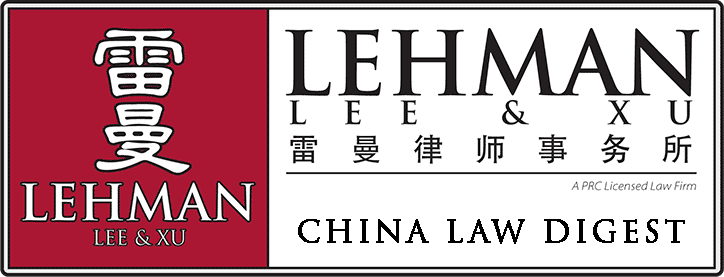China should speed up legislation on the charity sector to ensure that more grassroots organizations can gain legal status and charity fraud is outlawed, top lawmakers and political advisers have proposed.
The current regulations on social organizations in China require that a non-governmental organization must find an administrative body to oversee its activities as a precondition to registering with the civil affairs authorities as a nonprofit organization.
Beijing Huiling Community Services for People with Learning Disabilities, an organization dedicated to integrating mentally handicapped people into the community, has unsuccessfully tried to register with the local civil affairs authorities for the past 12 years.
"We asked the Beijing Disabled Person's Federation to act as our superior, but it refused, claiming that our organization was too small," said Meng Weina, the head of the organization.
"We were treated like a ball, kicked around by different government departments and were not recognized as a nonprofit organization, so we had to register with the industry and commerce authorities as a company," said Meng.
"Without a legal identity as a charity organization, we cannot enjoy tax exemption, and it's difficult for us to raise fund from enterprises or the public as we cannot even provide a formal receipt to our donors," she said.
"Our bank account was 340,000 yuan ($53,754) in the red last year, and even paying our employees' salaries has become a problem," said Meng.
Official statistics from the Ministry of Civil Affairs show that there are 450,000 registered social organizations across the country.
Experts estimated that more than 1 million social organizations in China have a "gray" existence out of the government's sight.
"At present, it is not easy for charities to register. Asking these organizations to affiliate to governmental departments results in administrative intervention in the charities' operations," said Wang Liming, a professor of civil law at Renmin University of China, who is also a deputy to the National People's Congress.
"No registration also means that many charities are inadequately supervised, and some even commit fraud," said Wang.
"Therefore, it is essential to have a law to ensure transparency in the charity sector," he added.
Yang Lan, a CPPCC member who is also the head of the Sunshine Cultural Foundation, urged the authorities to further relax the registration system and provide an equal legal status to all nonprofit organizations.
"Besides kindness and love, performing charitable acts also needs a complete legal system and the enhanced transparency of charity organizations," said Yang.
China only has one law on the charity sector, the Law on Donations for Public Welfare, enacted in 1999, said Wang Ming, director of the NGO Research Center at the School of Public Policy and Management at Tsinghua University.
"As the charity sector becomes increasingly sophisticated, the existing law has failed to provide effective solutions for issues such as mixing charity with business," said Wang Ming, who is also a member of the Chinese People's Political Consultative Conference National Committee.
Yang echoed Wang Ming's remarks and said that the charity law must clarify reasonable ways to maintain or increase the assets of nonprofit organizations to avoid unnecessary disputes over such issues.
Wang Ming said that legislators should introduce a public hearing mechanism to allow sufficient discussion during the legislative process.
"The law concerns everyone, so we hope the NPC can seek advice from diverse channels, including donors, recipients and representatives of charity organizations when discussing details of the draft law," he said.
Lan Lan contributed to this story.
Web link: http://www.chinadaily.com.cn/china/2012-03/14/content_14828225.htm

